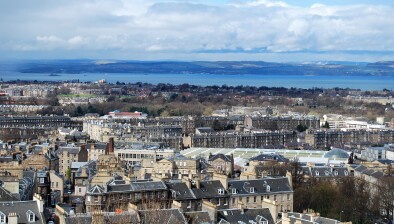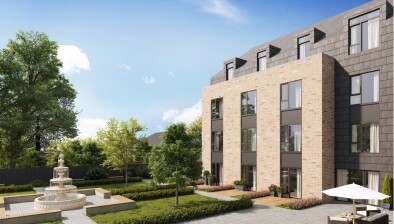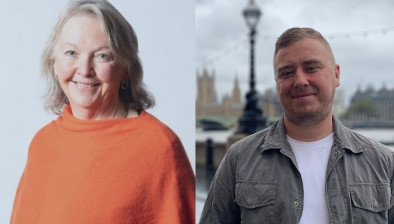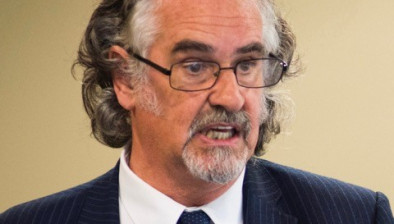City of Edinburgh Council to declare housing emergency
A housing emergency is set to be formally declared in Scotland’s capital city today with the local authority expected to call for more finance and support from the Scottish Government.
The City of Edinburgh Council’s housing convener Jane Meagher will table a motion this morning highlighting a “crisis” in both the public and private sectors.
It will cite the city’s record homelessness figures along with a severe shortage of social rented homes and spiralling private rental costs.
Council figures show approximately 5,000 households in the capital are in temporary accommodation, the highest number in Scotland.
The city also has the highest rental inflation rate in the UK at 13.7%.
On average 200 bids are made for each social rented home that becomes available in the city.
If the motion is approved, Edinburgh will become only the second local authority in Scotland to declare a formal housing emergency after Argyll and Bute Council did so earlier this year.
Pressure to make the declaration came from Shelter Scotland, the Edinburgh Poverty Commission and other third-sector partners in the city.
Alison Watson, director of Shelter Scotland, said: “Councillors have an opportunity to show residents they understand that out-of-control rents are making it impossible for many to stay here, that homelessness is devastating lives across the capital, and that they’re determined to do all they can to fix a broken and biased housing system.
“We know there are things beyond the council’s control, we understand that both the Scottish and UK governments can and must do more, but things can’t go on as they are. Business as usual isn’t working and all levels of government must respond.”
Jim McCormick, chair of the Edinburgh Poverty Commission and chief executive of the Robertson Trust, added: “In recognising the housing emergency in Edinburgh, additional urgent action needs to follow – over and above the steps that have been taken in the last three years.
“These steps have been firmly in the right direction, but coming on the back of long-term under-investment in truly affordable housing they are clearly not adequate.
“While the city’s firm cross-party commitment to the Edinburgh Poverty Commission’s calls to action is clear, these cannot be achieved without a transformation in the city’s housing system.”
Ms Watson urged councillors to back the motion and warned the declaration “can’t be the end of the story; it must be the start”.
She added: “Shelter Scotland is ready and willing to work with the council and other stakeholders to prepare an action plan following the declaration.”
Council leader Cammy Day said the capital is struggling to cope with the increasing costs associated with building new homes.
He also cited a recent move by Harbour Homes to pause work on developments after it warned that rising costs mean that new projects are not financially viable.
Speaking to The Scotsman, Councillor Day said: “We have some real issues with housing being affordable to live in, and it is even becoming unaffordable for some registered social landlords to build now.
“Harbour Homes say they won’t be developing any more housing because of the increasing cost of building, land and borrowing, and rent caps.
“All of that is making it untenable for them in the foreseeable future.”
If councillors agree to declare a housing emergency in Edinburgh, they will write to housing minister Paul McLennan, asking for more cash and support.
Mr McLennan said the Scottish Government was making available £3.5bn over this parliamentary term to support delivery of 110,000 affordable homes by 2032, with 70% of those for social rent.
He added: “This includes investing at least £60m to help local authorities and registered social landlords acquire properties for use as high quality, affordable, permanent homes.
“Rapid Rehousing Transition Plans play an important role in Scotland’s homelessness strategy and aim to reduce the need for temporary accommodation.
“We have provided local authorities with £52.5m between 2018-24 for their plans to support people into settled accommodation.”







